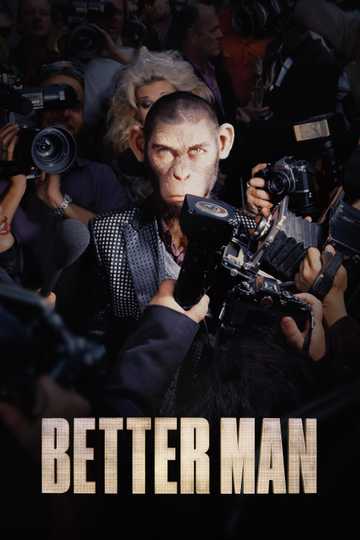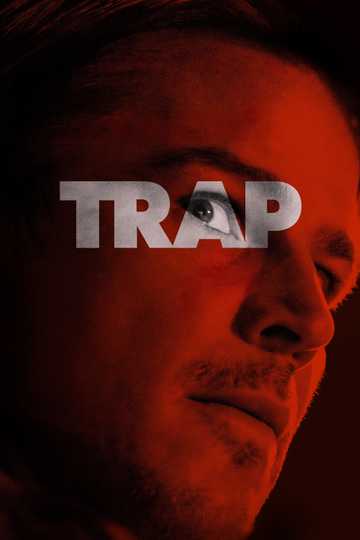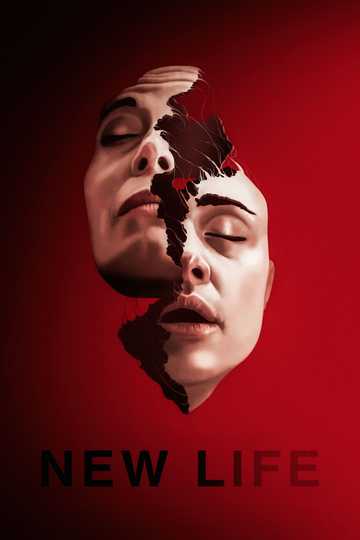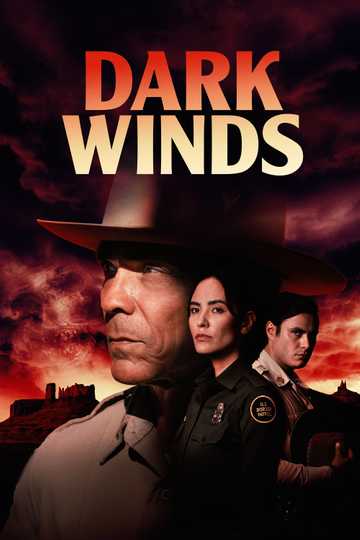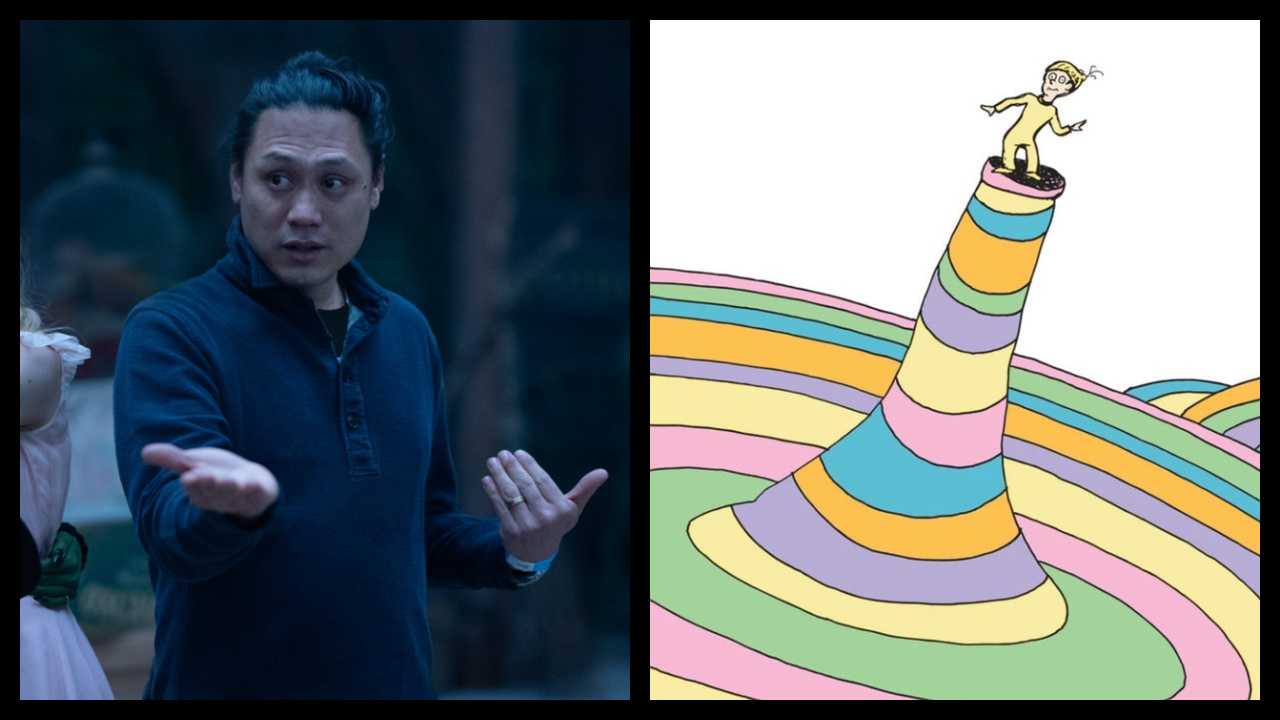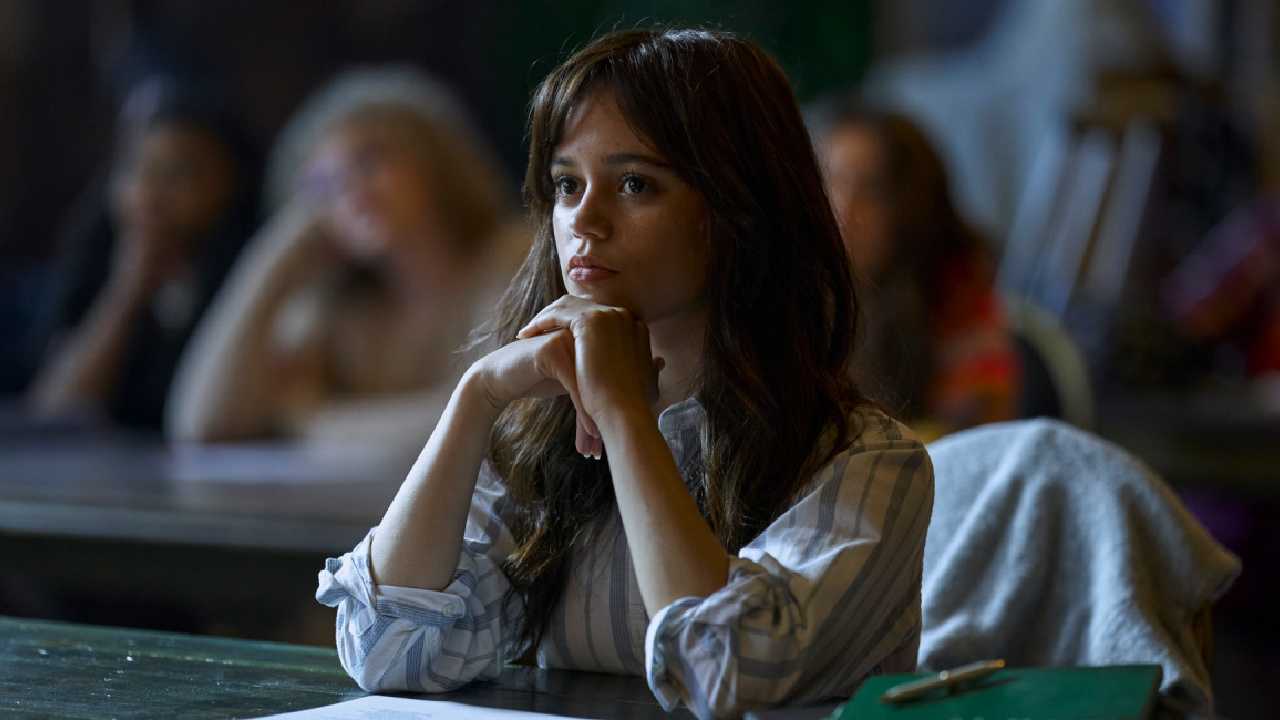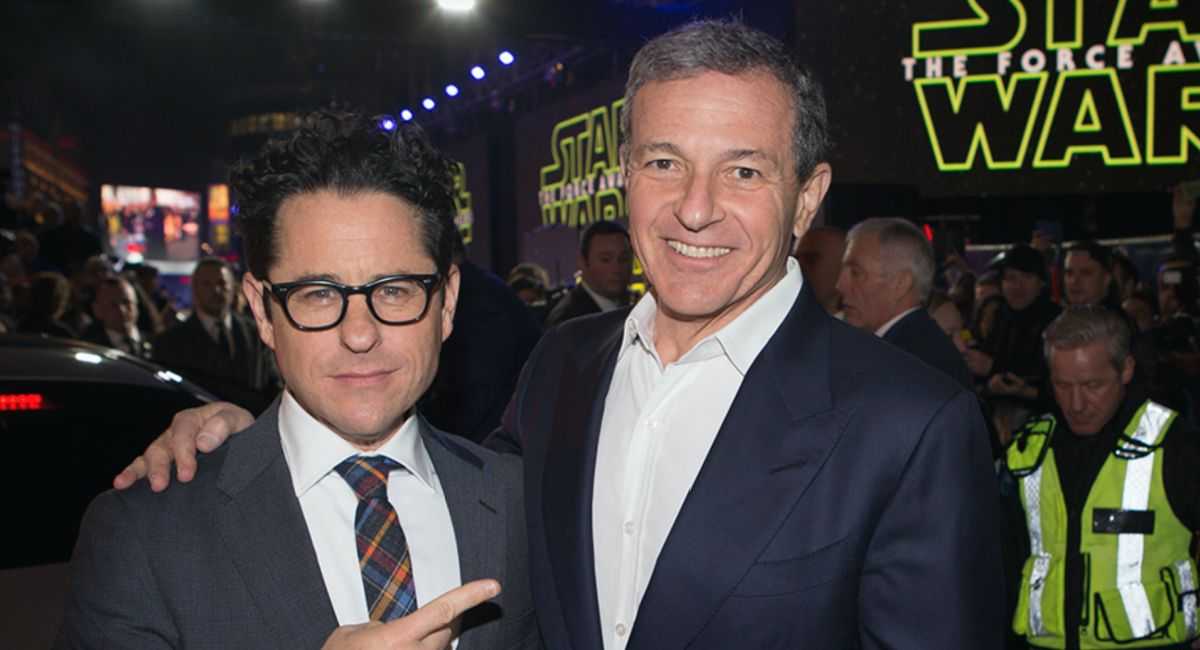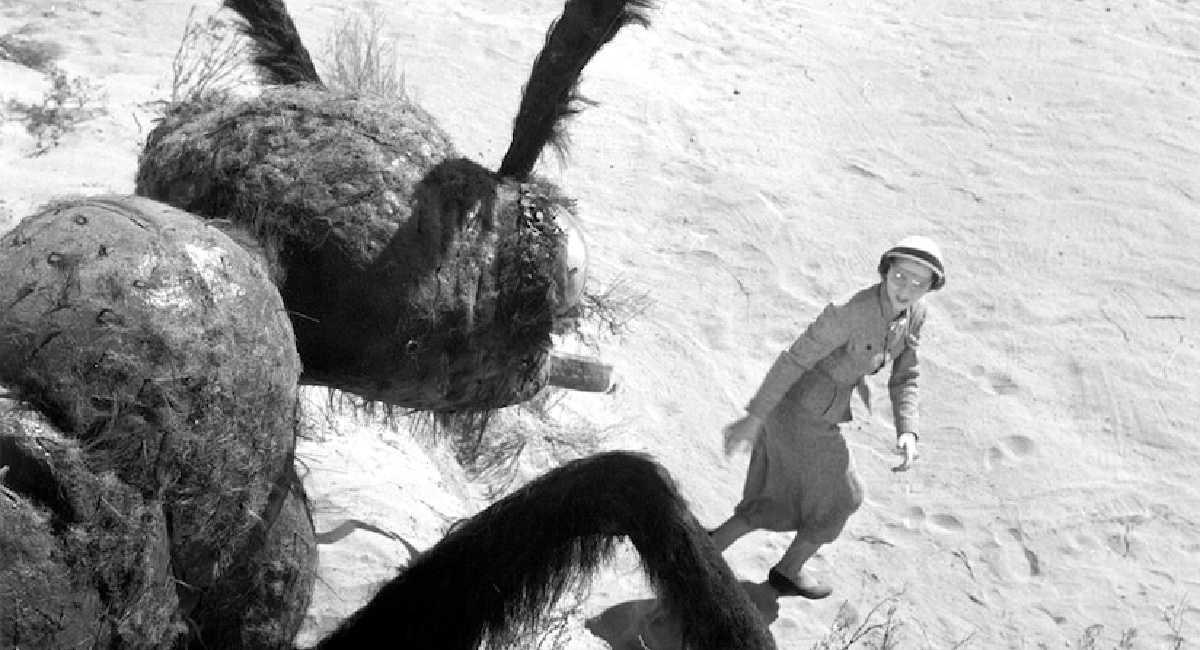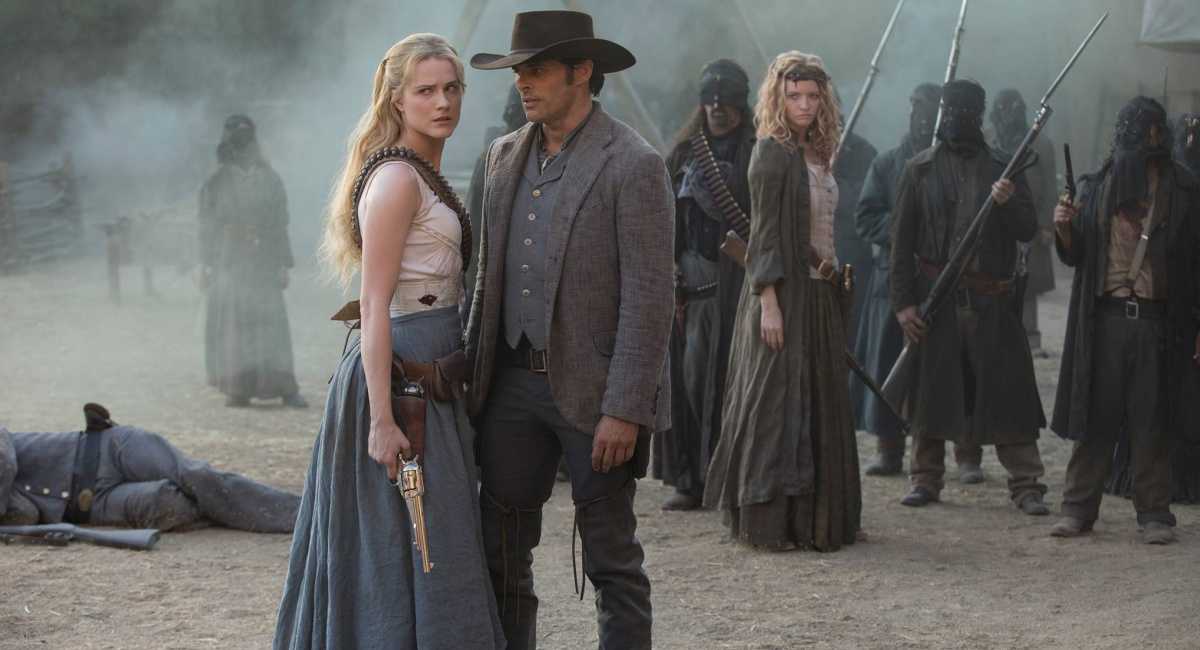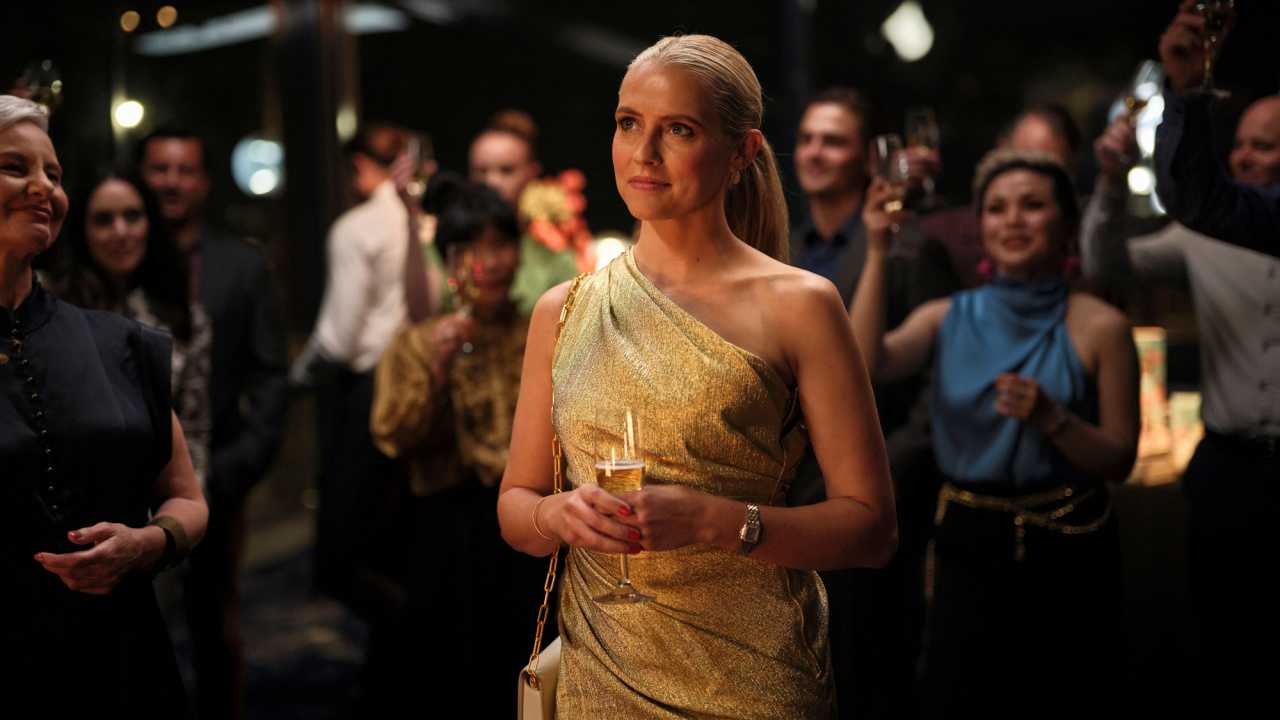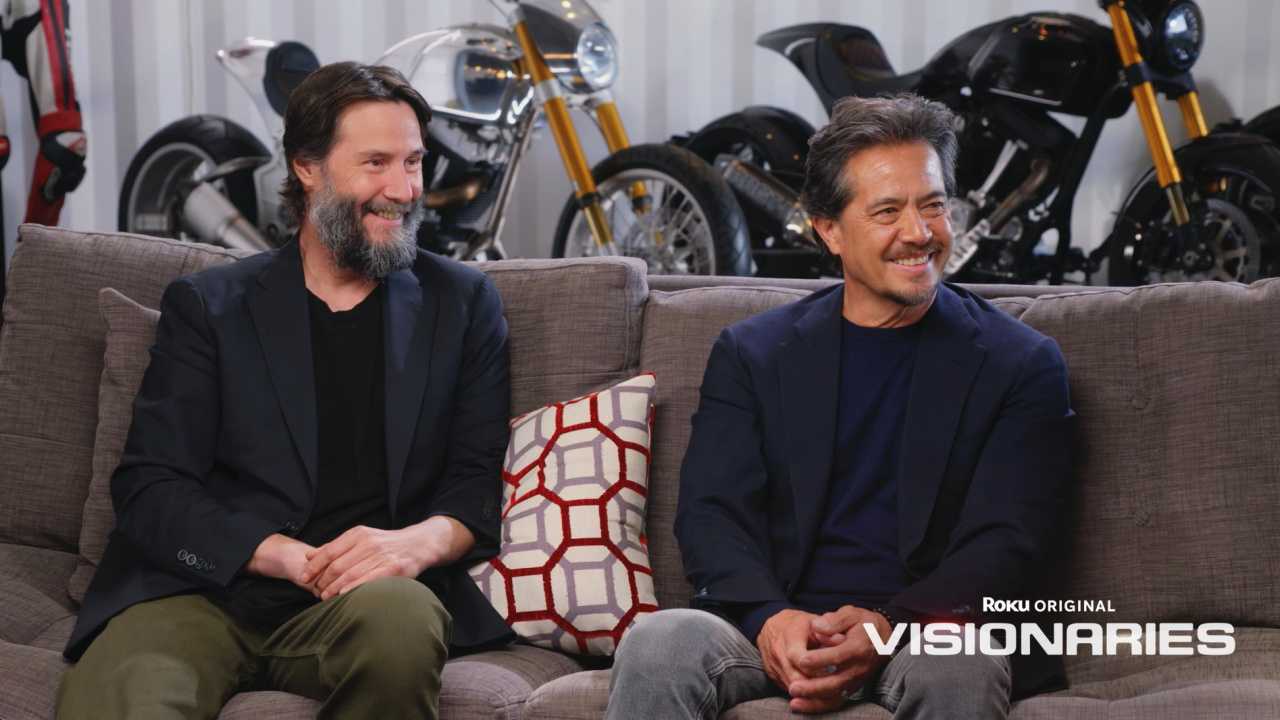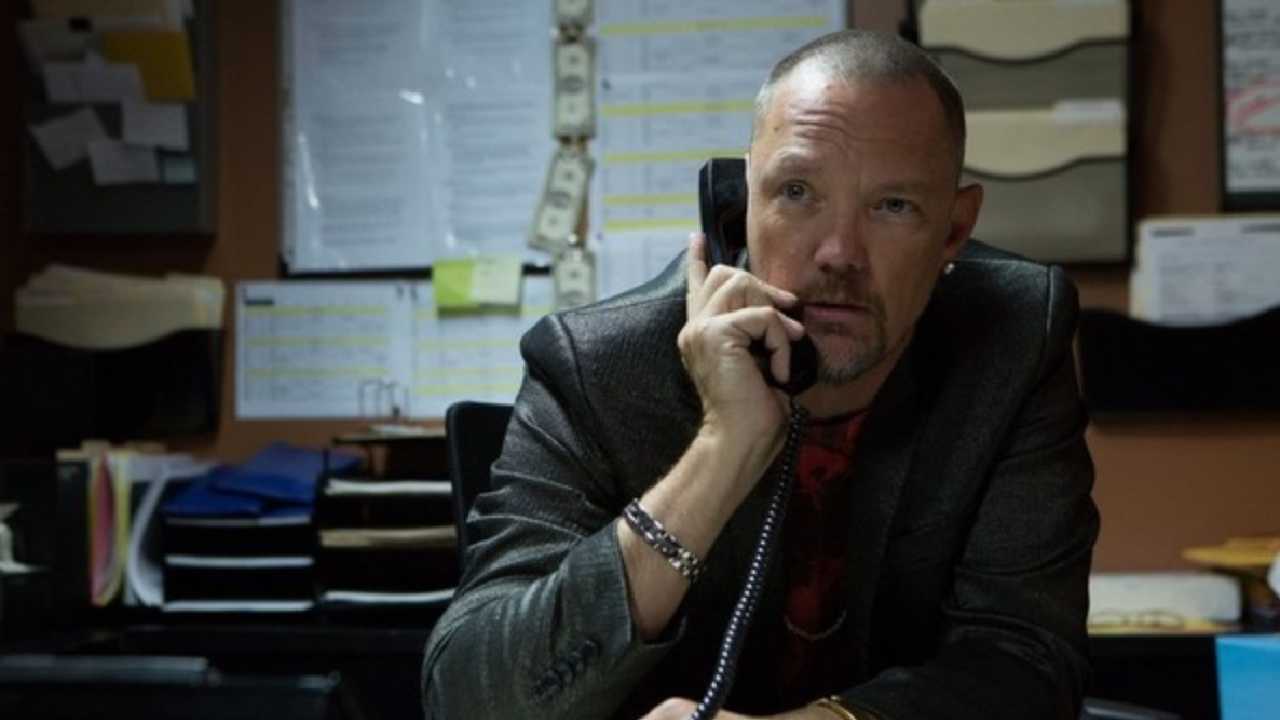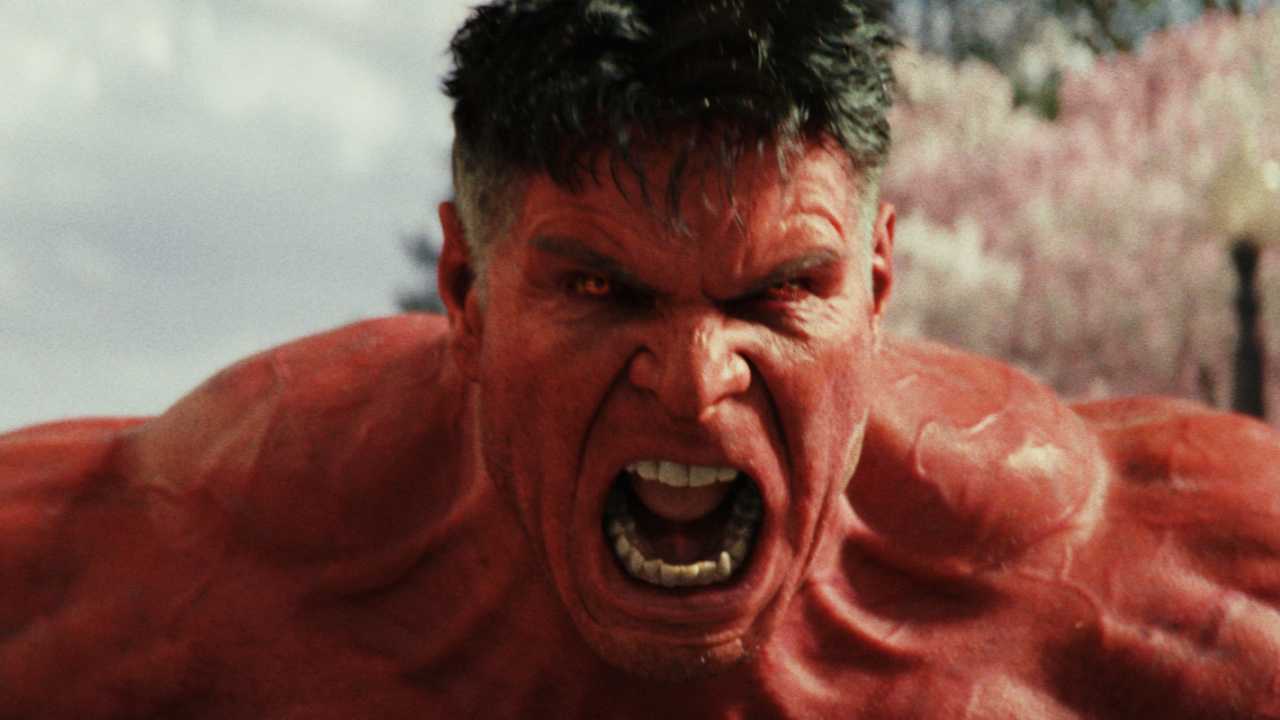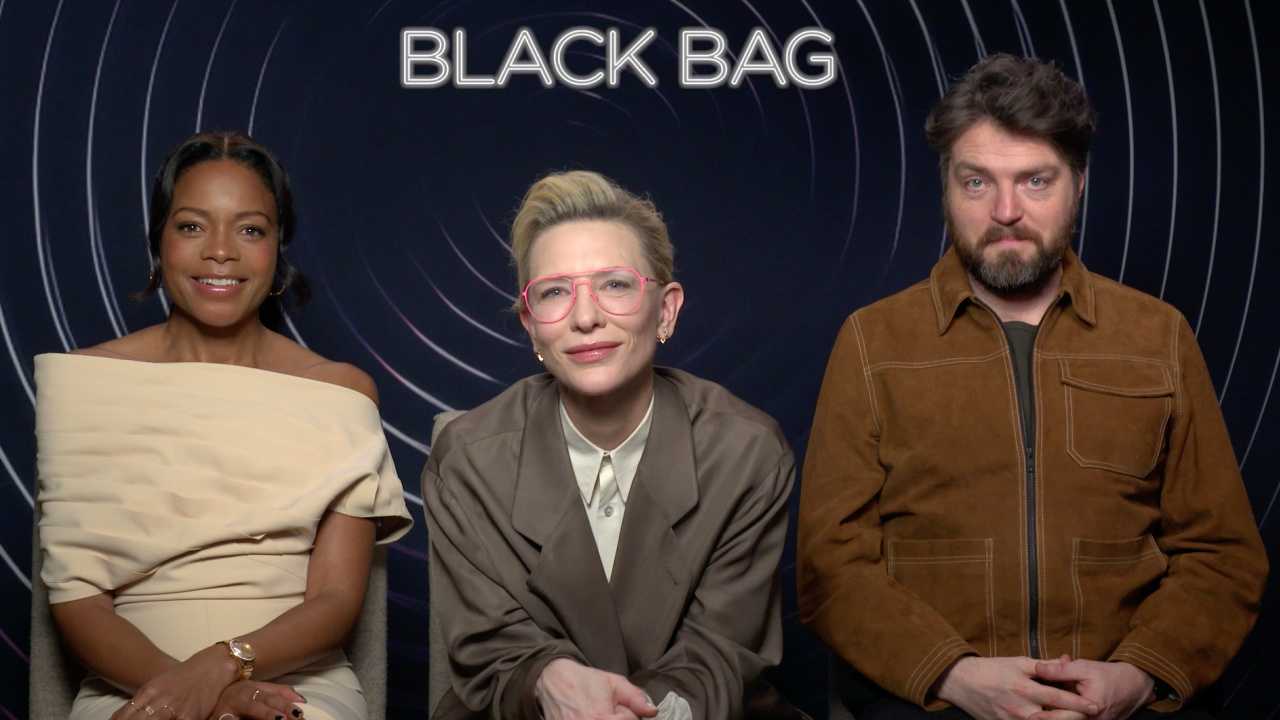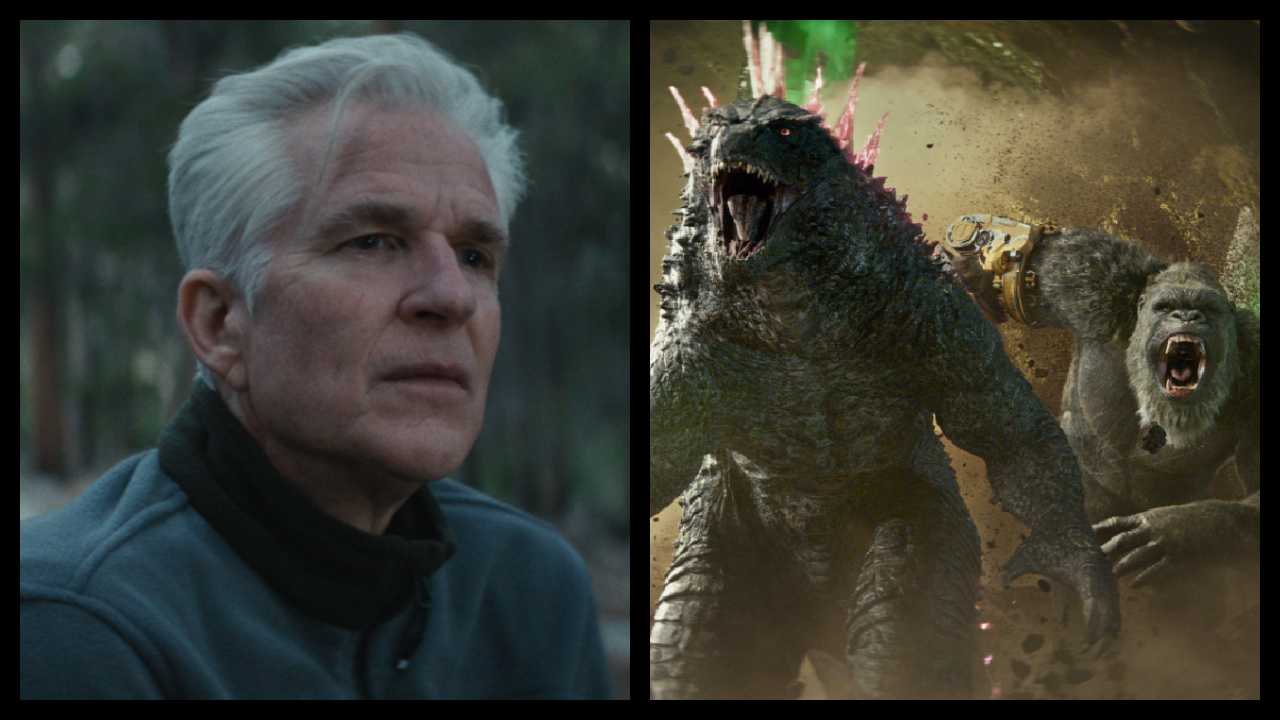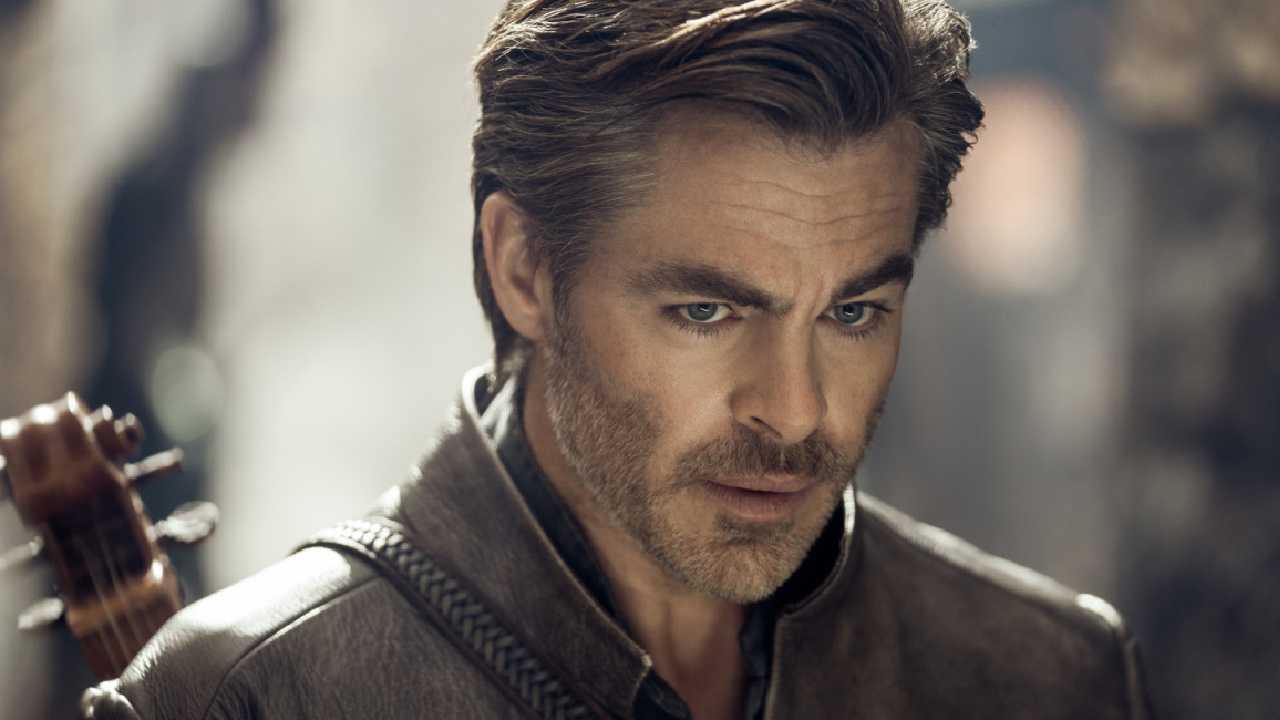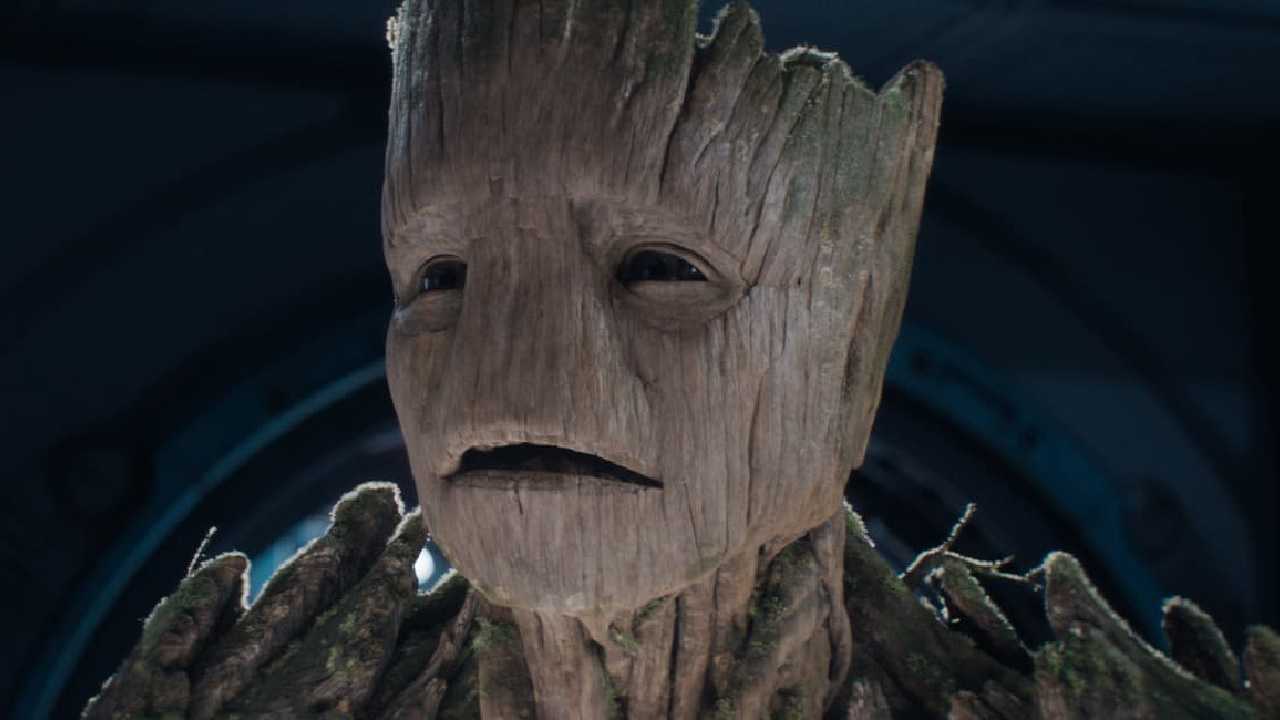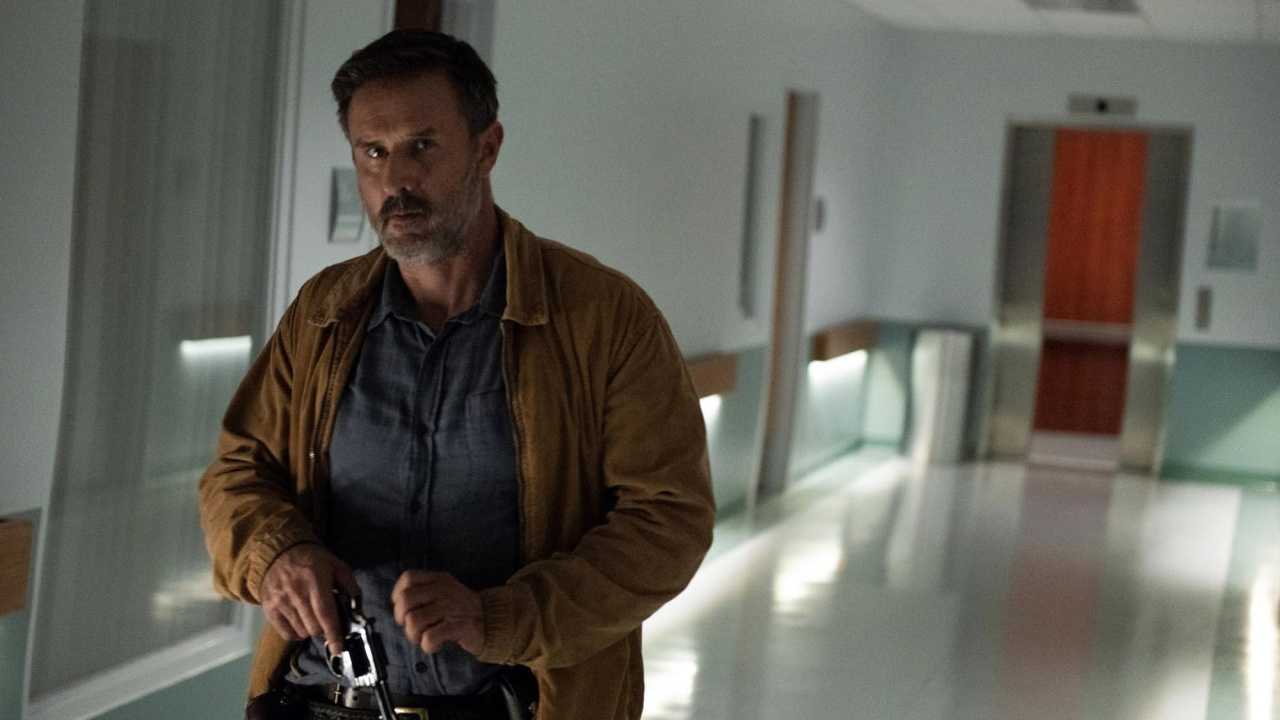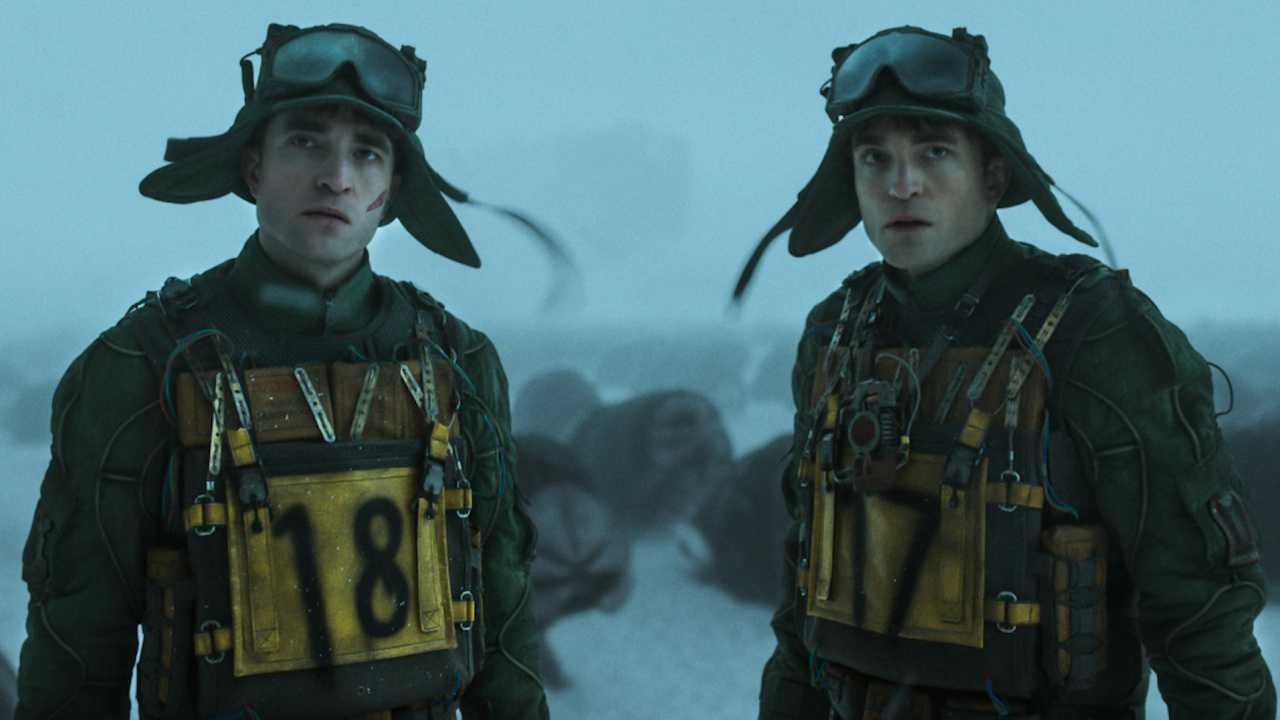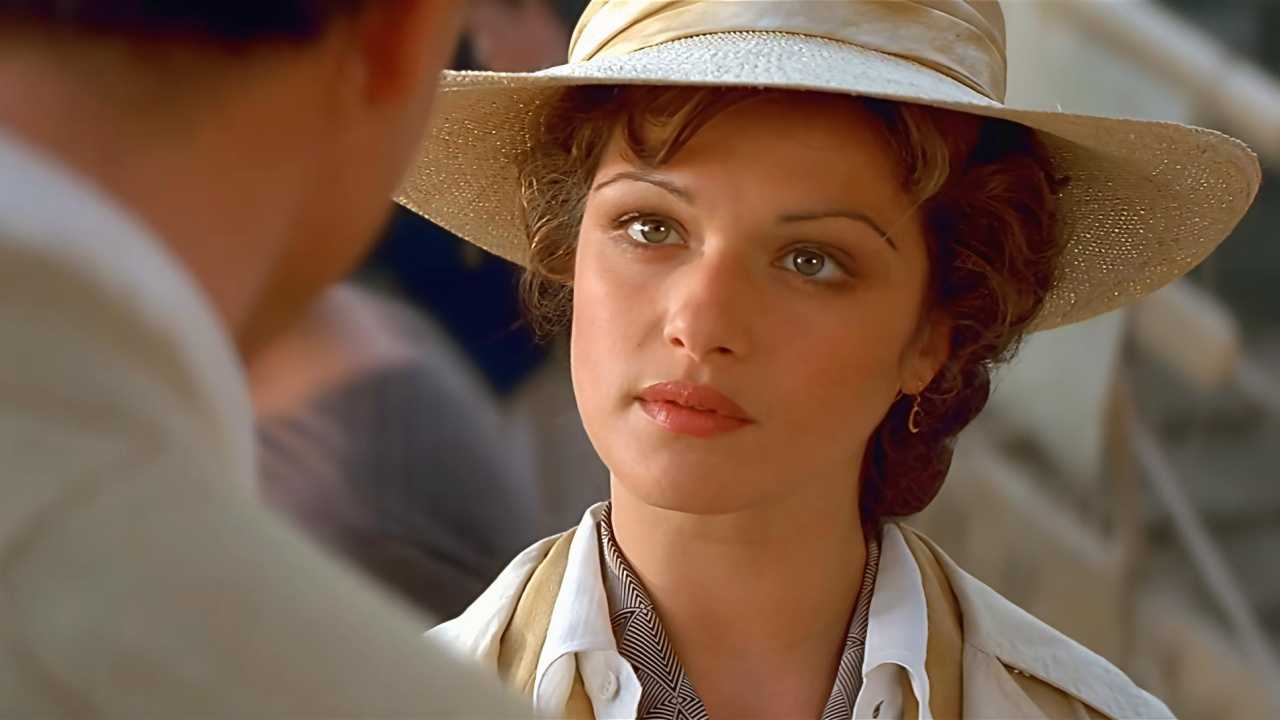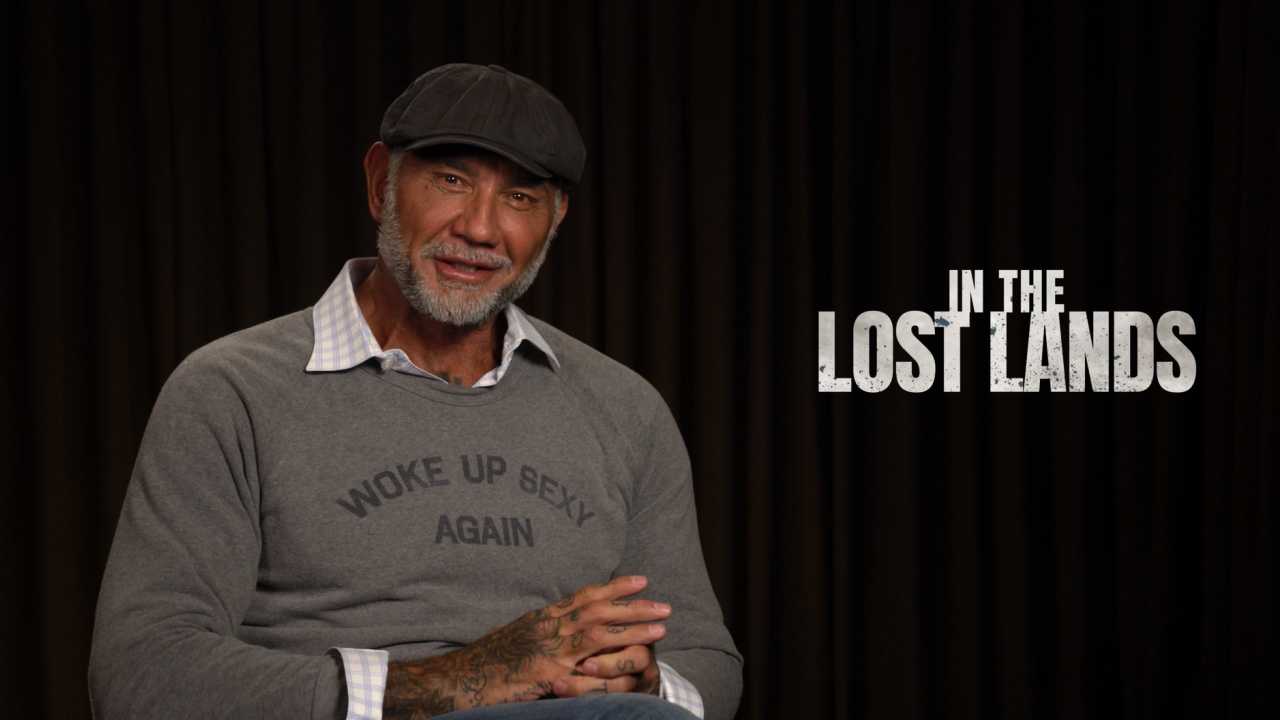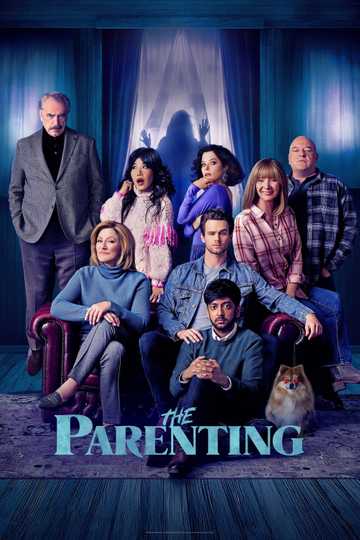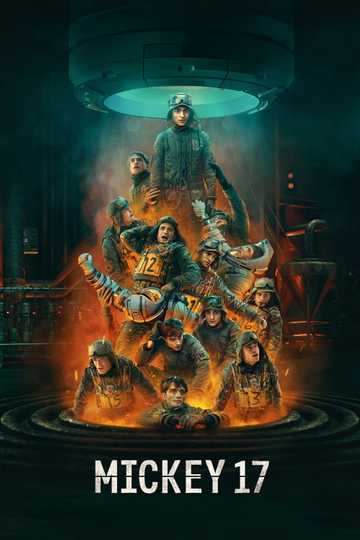Every Season of 'Lost,' Ranked
When "Lost" premiered on September 22, 2004, it arrived with a fair amount of hype, mostly because of the pedigree of its co-creator (J.J. Abrams) and it's intriguing premise (a plane crash leaves a handful of survivors on a desert island). But that conceit (it was sold, heavily, as a kind of fictionalized version of "Survivor") soon gave way to something more powerful. Within a matter of weeks, it had captured the public's imagination like few shows ever did before.
Each new episode contained mysteries, reveals, and even more mysteries; almost every season took the form of a different show -- a time travel saga might, say, give way to a survivalist adventure -- and with its nifty structure, weaving in flashbacks, flash-forwards, and the infamous flash-sideways, it managed to thrill both in its story and in the way it was told.
Even if you quibbled with the way the show ended, there's no denying that "Lost," while it was on and all these years later, was the ultimate ride. It's with this spirit of nostalgic appreciation that we rank each season of the series, from worst to best.
6. Season 2
Alternately thrilling and sort of dull, Season 2 found itself awkwardly adjusting to its role as a prime focus in the cultural conversation. There were some very big swings, like the interesting introduction of the "tailies" (passengers from the rear of the doomed plane, including Michelle Rodriguez's underrated Ana Lucia) and the brilliant conceit that one of the survivors might actually be a longer standing island inhabitant. But just as much felt flat (the ill-fated search for Walt) or underdeveloped (some of this had to do with more practical issues, like Adewale Akinnuoye-Agbaje wanting to leave the show before his arc was complete).
It's not a bad season (how could any season that introduces us to Desmond be bad?), but it was something of a comedown after the drunk-in-love fun of the first season.
5. Season 6
Here's where it should have all come together and, instead, it all fell apart.
Ever since the WTF-worthy finale of Season fFve, which re-contextualized the entire series as an elaborate metaphysical chess match between two warring gods. (Let the eye rolling commence!) Gone were questions of free will, chance, and the course-corrective nature of the space-time continuum; instead, it was a bunch of quasi-spiritual gobbledygook that robbed our characters of agency and perspective. What a bummer.
Season six continued this, weaving ultimately pointless "flash sideways" (to some alternate afterlife-y dimension) into an unsatisfying conclusion that still had the gall to introduce giant new mysteries (hello, The Temple!) without even the slightest of intentions to follow through on them. By this point, most of us were ready for the show to end because we were all so exhausted.
4. Season 5
The general thesis of this season was time travel is cool! Which it is, for sure. And the various timelines involved in S5 -- much of the show takes place in an alternate history 1977 and in the present day timeline that saw the surviving castaways making a desperate bid to return to the island -- definitely gave the narrative energy and elasticity. But you could feel some of the specialness of Season Four slipping away, with character traits initially assigned to one character (like Miles' communication with the dead) clumsily transferred to another, more important core character (now Hurley is talking to ghosts for some reason?).
This entire season ended in the crash landing that was the finale, which introduced Jacob and the Man in Black -- but who really cares?
3. Season 3
Here's the thing: Season Three is kind of underrated.
Lindelof has gone on record as saying that he was very tired during this season and that the exhaustion he felt forced them to renegotiate their contract with Disney, delivering fewer episodes with a more relaxed production schedule. And some of that shows, most classically in the notorious "Stranger in a Strange Land," an episode designed around flashbacks that reveal how Jack got his tattoos. Oy.
But still, this season was responsible for introducing the first bits of time travel, which would go on to become a hugely important element of the series. Even though most consider the introduction of "red shirts" Nikki and Paolo to be problematic at best, those two characters would get a deliciously dark pay-off in their stand-alone episode -- which is one of the series' best/most underrated hours.
Also, this season delivered the all-time greatest finale for the show, "Through the Looking Glass." This cliffhanger, with feature film-level production values, saw the death of Charlie (RIP) and a truly incredible reveal ("Not Penny's boat"). Hard not to get chills just thinking about it.
2. Season 4
What a fascinating, totally bizarre season that served as a creative shot in the arm. After the end of Season 3, this season introduced the so-called "freighter folk," a cast of brand new characters who ventured to the island for mysterious reasons. Not only are the new cast members (Jeremy Davies and Jeff Fahey in particular) dynamite, but the ingenious new "flash-forward" conceit really enlivened what was becoming a somewhat tired trope.
Plus, the writing staff (which now included Drew Goddard and comics visionary Brian K. Vaughan) had never been more stacked with talent. Also, this season gave us what is undeniably the very best episode of the entire show, the Jack Bender-directed "The Constant," which focused on the beleaguered Desmond's harrowing time travel saga. "Lost" was always dazzling, but with "The Constant," it became emotionally resonant, too.
1. Season 1
First off, the pilot (directed by Abrams) is one of the greatest things to ever air on television -- it's exciting, beautifully shot, and sets up the series in the spookiest, most elegant and emotional way possible.
Instantly, we know (and, more importantly, love) these characters, and that kind of personable goodwill would be essential in carrying you through some of the rougher patches of the series that would follow. Every S1 episode (and there were 25 of them) felt like a mini-revelation, from the brilliant "Walkabout" and its twist ending (Locke couldn't walk until he came to the island!), to the Goddard-scripted "Outlaws," to the finale, which excited and frustrated in equal measure (setting a hallmark for the series).
This was the season that started it all and, every week, seemed stuffed with possibility. Say what you will about where the show ended up, but it couldn't have started off any more brilliantly.

